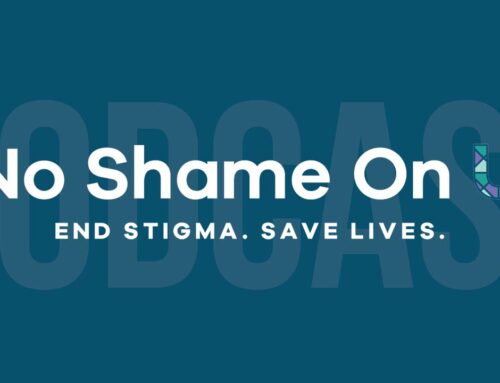Enhancing Psychiatric Help Accessibility Through Evidence-Based Mental Healthcare
Mental health care has improved significantly over the last fifty years. Where once seeking mental health care was highly stigmatized, it is now relatively commonplace. About 25% of adults self-identify as struggling with their mental health.
That’s a big step. However, there are still problems, even as things improve. Access to care remains limited in many parts of the country. Sometimes accessibility concerns are regionally specific. Certain towns are not adequately staffed with mental health professionals.
Other times, there are socio-economic factors at play. Evidence-based research and intervention strategies can help improve access to mental healthcare and boost patient outcomes in the process.
In this article, we explain what this process is, and how it can help communities all over the country improve their access to basic mental health services.
What is Evidence-Based Mental Healthcare?
While evidence-based mental health care is somewhat complex the fundamentals are easy to understand—care administered under the guidance of the best research available. Action supported by data. While this sounds like a fundamental aspect of patient care, it is actually a specific process that plays out over several steps:
- Ask a question: Really, asking a good question is the first step to any research project. In this case, the question is “What are the most common barriers to mental healthcare?”.
- Acquire data: Using that question, the researcher then seeks firsthand facts through focus groups. The process involves multiple phases of controlled and uncontrolled study groups in which the people being analyzed answer a series of tailored questions.
- Evaluate the findings: Once all of the data has been collected, researchers sift through it looking for patterns. As AI continues to improve, it plays a larger role in data analysis.
- Apply the findings: Once a conclusion has been derived from the research, it is time to implement the findings. For example, if researchers conclude that transportation is a significant barrier to mental health patient care, they may look to establish a high-quality line of remote communication.
- Assess: The remote communication line has been established. Months have passed. Are more patients accessing mental health services? If so, why? If not, also why? If the intervention is successful, it will remain in place. If not, it will be re-evaluated and refined.
This process is often carried out by informatics nurses. Informatics nurses use a combination of data and critical thinking skills to research solutions and plan interventions that hospitals and healthcare clinics can use to enhance their services.
Now, we better understand evidence-based healthcare. How can it help patients gain better access to mental healthcare?
Actionable Insights
Let’s go back to one of the examples provided above. The researcher focuses on what the biggest barrier to care is in their community. Earlier, we suggested that transportation could be a common issue. For elderly people who cannot drive themselves, or for people who lack the financial means to own a private vehicle, this is a common concern for getting to doctor’s appointments.
Some patients seeking mental health concerns have additional barriers. Social anxiety. Agoraphobia. Or maybe just a certain discomfort at being seen walking into a mental health clinic.
So, the researcher decides to focus on that consideration. In learning about this struggle within their community they can come up with clear, actionable insights.
For example, telehealth technology, mobile healthcare clinics, hospital shuttles, carpooling programs, etc. Interventions they never would have thought of had they not started out with a clear question.
Improved Resource Allocation
Evidence-based healthcare also tells hospitals what not to do. In narrowing their focus, hospitals can divert more attention towards interventions that actually work. This not only saves them money but also allows them to improve the quality of their strategies that are doing the most good.
Improved Patient Outcomes
Finally, evidence-based care also has a strong history of producing better patient outcomes. This can be powerful when it comes to improving accessibility because it encourages community participation in the process.
People will tell their friends and family about their experiences with local mental health services, and spread the word about efforts being made by local providers.
While it may sound a little funny, healthcare actually relies heavily on referrals. This is particularly true for something like mental health services, where people may feel reluctant to seek help. Watching the local mental health support network working effectively can go a long way toward alleviating concerns.
Conclusion
It sounds obvious, but it’s not always readily acknowledged. Evidence-based care hinges on a willingness to continue pushing the envelope. Ask a question. Interrogate it thoroughly. Repeat indefinitely and without end.
Even hospitals that want to engage with this challenging process may not have the resources to do so. It takes a lot of time and money. It also takes specially trained professionals. Many hospitals have had a hard time even staffing a full floor. That problem is finally starting to experience a bit of relief, but the issue is far from solved.
In this type of climate, fully exhaustive evidence-based care may not always be an option. For patients living in an area that cannot fully apply the process described above, it can help significantly to advocate for yourself.
You know what they say— you never get anything you don’t ask for. Learn what you can about mental health accessibility. Ask questions, and seek the solutions that you need to thrive. They are out there, regardless of what process is required to find them.





